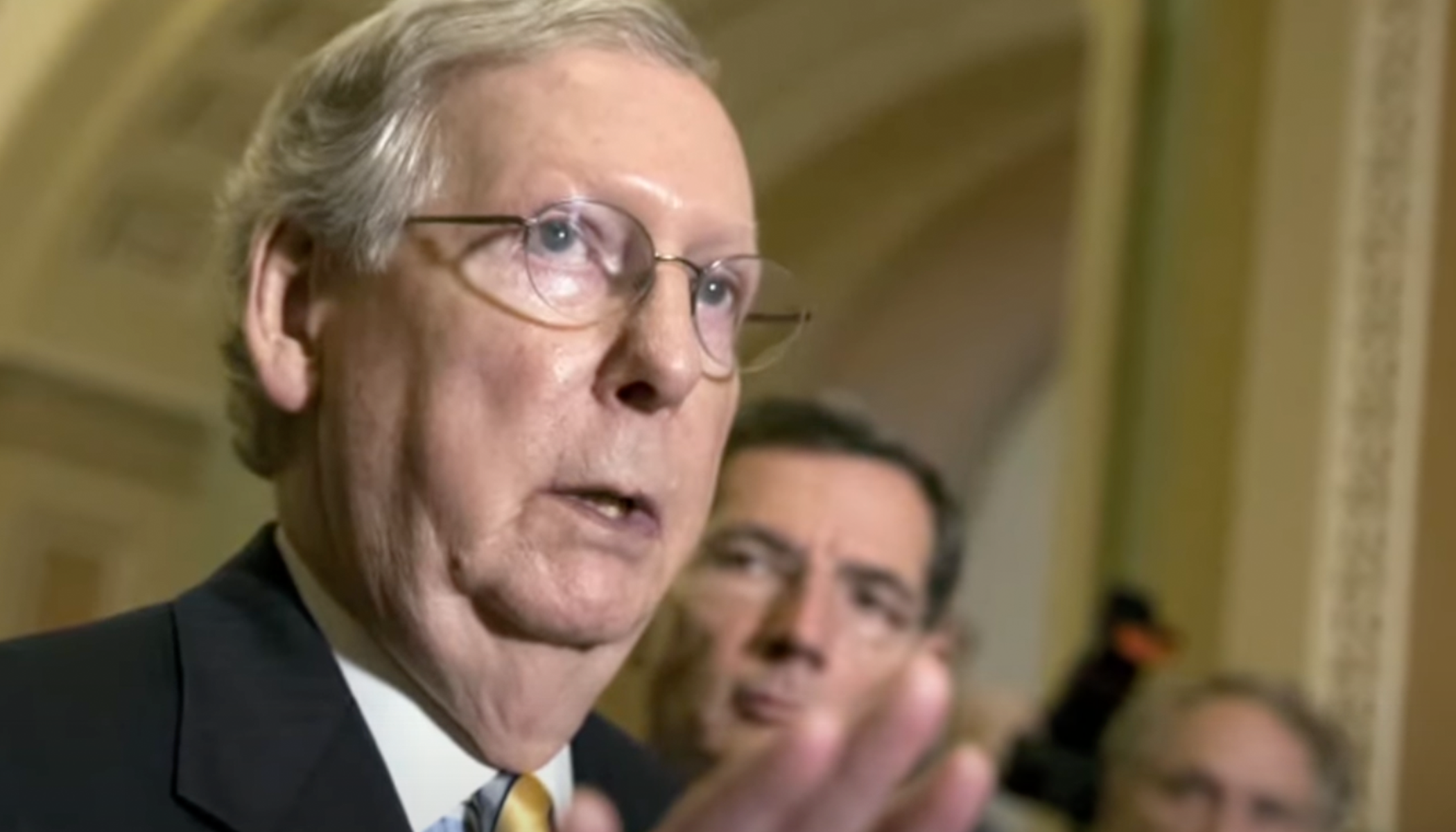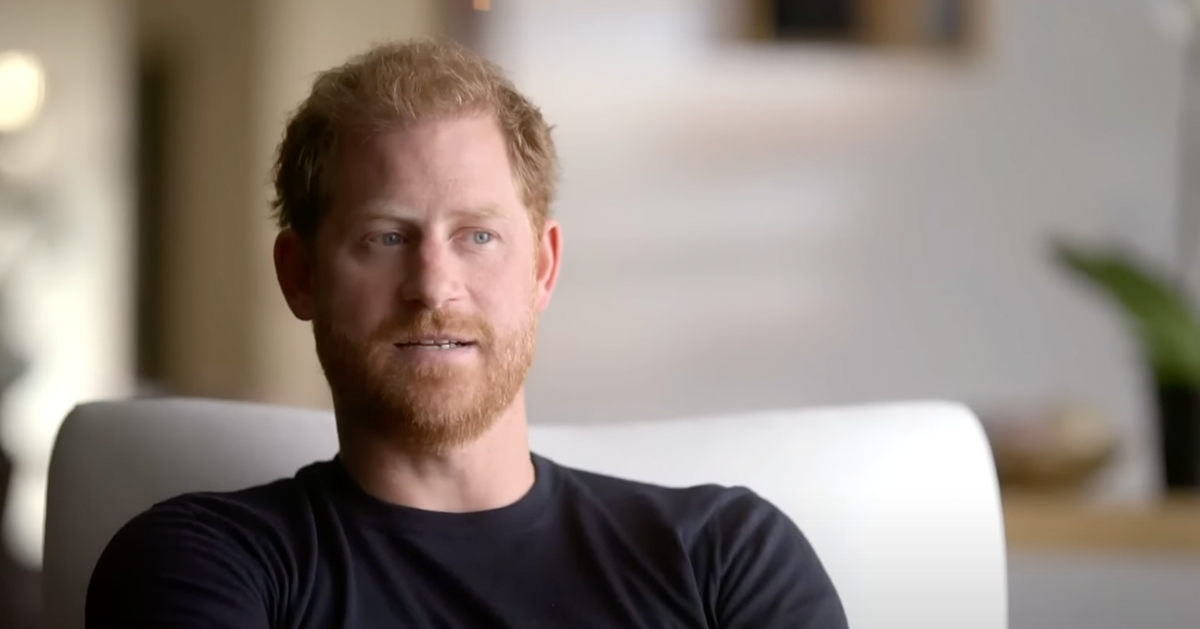Minneapolis Employs First Somali Non-Citizen Police Officer
Minneapolis made history this week by swearing in Lesly Vera, the first non-U.S. citizen police officer in the city.
Vera, who is originally from Somalia, has become a symbol of what liberals in the city believe is progress following new state rules that allow non-citizens to join police forces, as Breitbart reports.
Her appointment has drawn both praise and criticism, reflecting the complexities surrounding the decision.
Vera's journey to becoming a police officer began when she moved from Mexico to Minneapolis at the age of four. Now a legal resident alien, she wore a hijab during the ceremony, underscoring her Somali heritage and strong connection to her community.
Her appointment comes as the result of a landmark change by the Minnesota Board of Peace Officer Standards and Training, which eliminated its citizenship requirement last year.
Chief Defends Inclusion of Non-Citizen Officers
Minneapolis Police Chief Brian O’Hara spoke passionately in support of Vera’s appointment, emphasizing her right to serve the city. “There may be people who question it, but that’s completely ridiculous,” O’Hara said. He pointed to a history of immigrants contributing to national defense and drew parallels to non-citizens enlisting in the military.
For Chief O’Hara, Vera’s near-lifelong presence in the U.S. makes her appointment not only justifiable but also necessary. “Somebody like [Officer Vera], who has been here essentially her entire life, absolutely is entitled to protect her community in the same way that anyone else here has,” O’Hara added.
Vera is now officially the first Somali American woman and the first permanent resident to join the Minneapolis Police Department. Her appointment aligns with broader national trends, as states like California, Colorado, and Illinois also explore legislation to open law enforcement roles to non-citizens.
Community Response to Vera's Appointment
While Vera’s swearing-in was celebrated by many, it also sparked debate and backlash online. Minneapolis Mayor Jacob Frey praised the diversity in the new class of officers, stating that the department is becoming more reflective of the city’s residents. “Our 23 new officers include the first Somali-American woman to join the department and the first permanent resident,” Frey said. He added that having a police force that mirrors the community leads to better service for its residents.
The Somali community, the largest of its kind in the U.S., has seen its share of controversy in recent years. One notable incident involved Somali-born officer Mohamed Noor, who was convicted in the fatal shooting of an Australian woman in 2017. The incident resurfaced in discussions surrounding Vera’s appointment, with some citing concerns over previous controversies involving Somali officers.
Social Media Criticism and Support
Despite the city’s leadership showing strong support for Vera, the decision was not without its critics. Social media lit up following the announcement, with reactions ranging from support to outright disapproval. One of the more prominent voices criticizing Vera's appointment was Elon Musk, who compared it to the fall of the Roman Empire. “The Roman Army also increasingly relied on non-citizens,” Musk tweeted, hinting at a perceived decline in the standards for law enforcement.
Nonetheless, the appointment also received support from residents and community leaders who viewed it as a positive step toward inclusive policing. The controversy underscores broader questions about how police departments can best serve diverse communities, particularly those with significant immigrant populations.
Continued Focus on Diversity in Policing
The Minneapolis Police Department has been in the national spotlight multiple times in recent years, particularly following the killing of George Floyd in 2020. Vera’s appointment adds another chapter to the city’s efforts to rebuild trust within the community and address calls for greater representation within its police force. Minneapolis, like many cities across the country, is grappling with the role of race, immigration, and citizenship in law enforcement.
Frey emphasized the significance of having a police department that reflects the city’s diversity. “It’s moving. It’s emotional,” Frey said. “Our police department is looking more and more like the communities that we are charged with protecting and serving.”
The decision to allow non-citizens into the police force is part of a broader effort to diversify the ranks and foster trust among minority communities. However, it remains to be seen whether Vera’s appointment will lead to long-term changes in public perception or if the controversy will linger.
A Broader Trend Across the Country
Minnesota is not the only state reevaluating its policies on non-citizens in law enforcement. Other states, including California, Colorado, and Illinois, have taken steps toward removing citizenship requirements for police officers. Advocates argue that such changes could open the door for more immigrants to contribute to their communities in meaningful ways, while critics raise concerns over loyalty and national security.
Vera’s appointment could serve as a bellwether for similar moves across the country. As the U.S. grapples with issues of immigration and law enforcement, the debate over non-citizen officers is likely to remain a contentious issue for years to come.
Conclusion
Minneapolis’ decision to swear in Lesly Vera as its first non-U.S. citizen police officer marks a significant shift in local law enforcement. Her appointment, made possible by recent changes to state rules, has sparked both praise and criticism.
While city leaders, including Police Chief O’Hara and Mayor Frey, champion the move as a step toward greater inclusivity, others have expressed concerns. Vera’s historic role in the department comes at a time when conversations about diversity in policing are more critical than ever.






